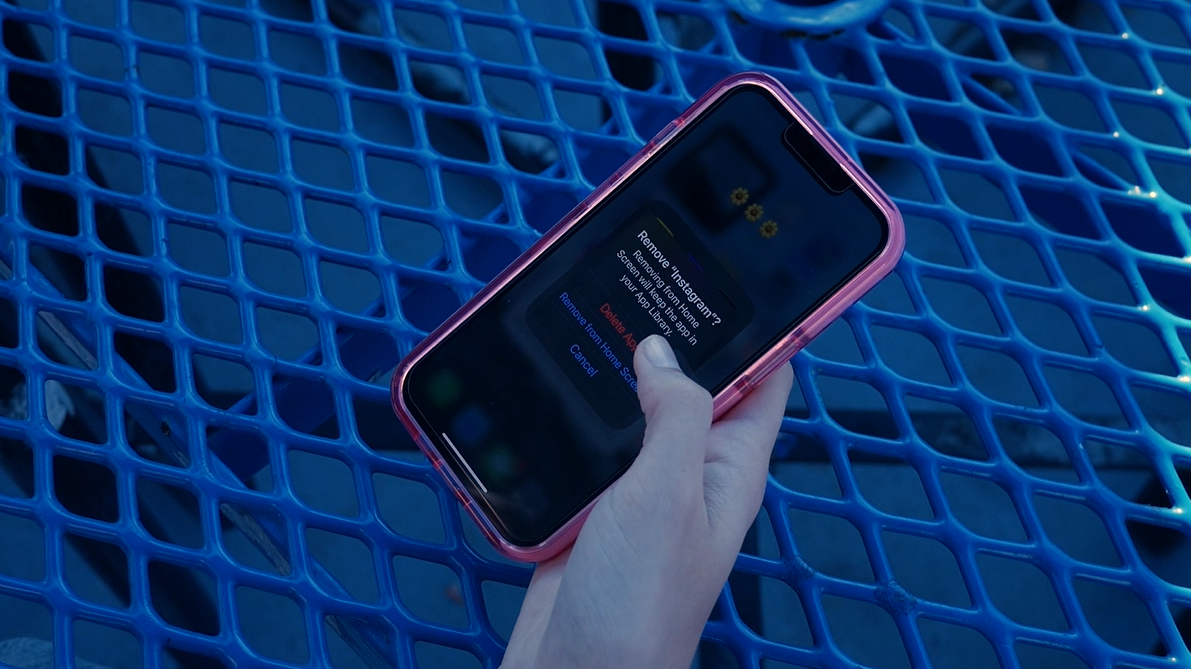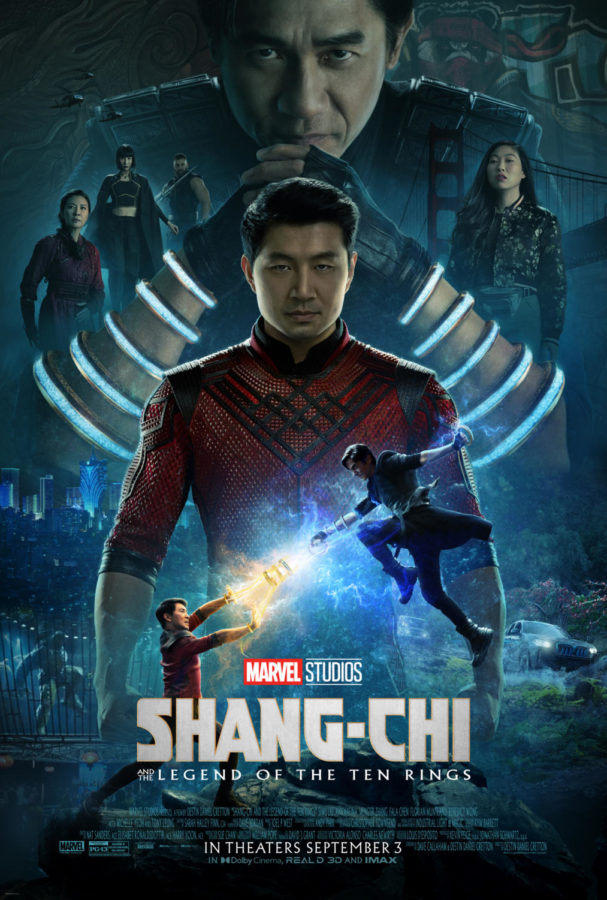Ringing in praise
Marvel attempts to take a step in the right direction
November 15, 2021
For the first time since the pandemic, junior Jack Zhao sat down to enjoy a Marvel film in an in-person theater. “Shang-Chi and the Legend of the Ten Rings,” released in September, drew praise for including the first Asian superhero lead in the Marvel Cinematic Universe.
“I really liked the movie and I thought it was really unique,” Zhao said. “It was very well made and the fight scenes were good too. There were a few scenes that I found really funny, but other than that, it was just a Marvel movie and I expected nothing less.”
“Shang-Chi” overall received positive reviews, but junior Victor Liu criticized the film’ marketing.
“I didn’t really see any ads or trailers from this at all before I saw it,” Liu said. “Especially since it’s a Marvel movie, there should have been a lot more hype. It’s not exactly the most mainstream movie to come out, especially since the cast are mainly Asian.”
Disney spent less on advertising for “Shang-Chi” than other Marvel origin films. Senior Delaney Gunnell called this an unjustified disservice.
“The fact that I didn’t even know what the release date for this movie was tells me that it wasn’t marketed enough,” she said. “I feel like it never got the hype that every single other Marvel movie has since I’ve been old enough to remember.”
Although Marvel is now making attempts to be more progressive through inclusivity, that effort does not absolve them of past issues relating to diversity in MCU films.
“I think this is a little performative, inherently,” Gunnell said. “This obviously should have happened sooner. They should have been doing better all along, but considering they didn’t, I think the movie itself was very good. I think the movie shows that they did try. You can tell there were a lot of good voices that went into this movie.”
Zhao, who can read and write in Chinese, picked up on inconsistency with some of the non-English dialogue and the the film’s subtitles. He also criticized the movie overall for feeling insincere.
“It was a little stereotypical,” Zhao said. “It felt like Marvel was doing that just to say that they are being more inclusive, which is not a bad thing, but it did feel a little fake at times.”
Gunnell also lauded the film’s approach to both Asian and female representation.
“Shang-Chi” has progressive feminist themes compared to how forced woman-positive moments seemed in previous MCU films like in “Captain Marvel,” she said.“Not both of their own internal conflicts revolved around [Shang-Chi] which I appreciated,” she said. “They acted like real women, and it’s refreshing. This movie was just written like women were people.”
Even though “Shang-Chi” has been criticized for performative activism, Liu said it has some the strongest fight scenes of any the Marvel films and praised its creators for not relying on the use of guns like usual.
“A lot of the martial arts choreography was great, especially in the first half,” Liu said. “It has a real element to it. This movie has a human element. Everything feels like it’s possible to do physically.”
Liu said the success of “Shang-Chi” has the potential to improve Asian representation throughout the entire film industry because of the influence Marvel has.
“For example, ‘Crazy Rich Asians’ wasn’t a part of anything. It was just its own movie, so I feel like even though that movie got a lot of attention, this will advance the incorporation of Asians more because it is part of Marvel.”
Zhao said he sees a tremendous amount of potential for Shang-Chi characters to be included in various other Marvel films and looks forward to seeing Shang-Chi again the not-too-distant future.
“I’d really like to see him as a part of the Avengers world and combined into other movies,” Zhao said. “He has a really bright future in the MCU right now because he could get fit into many different movies.”






















































